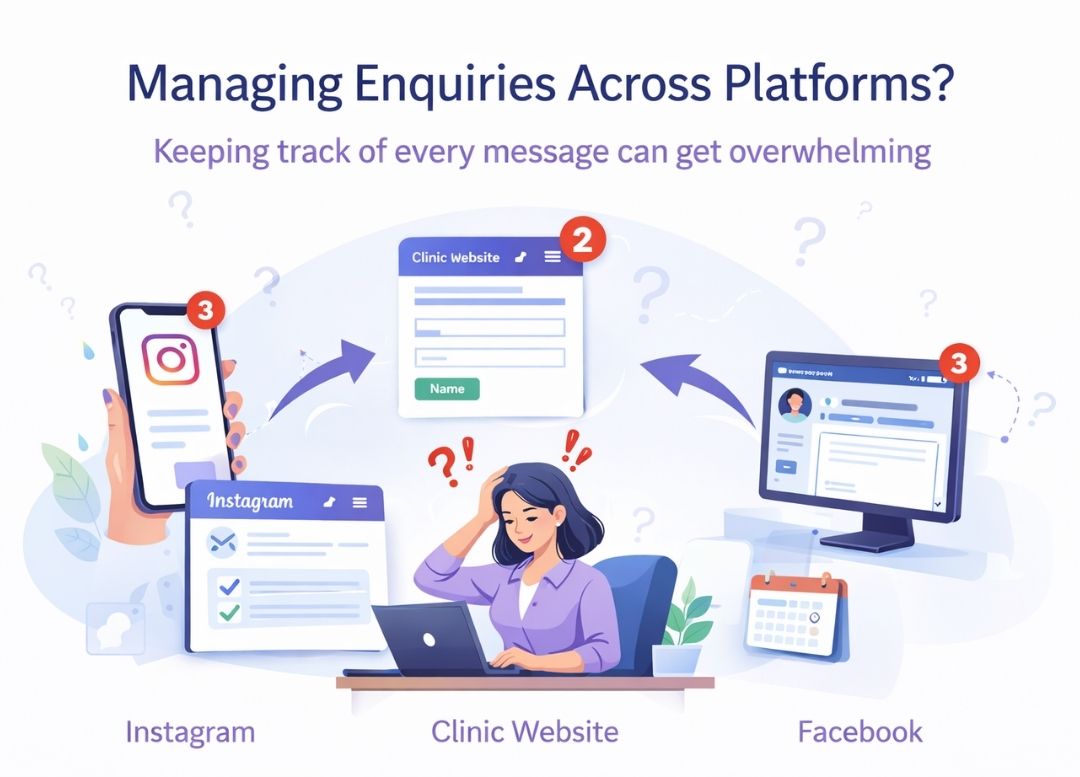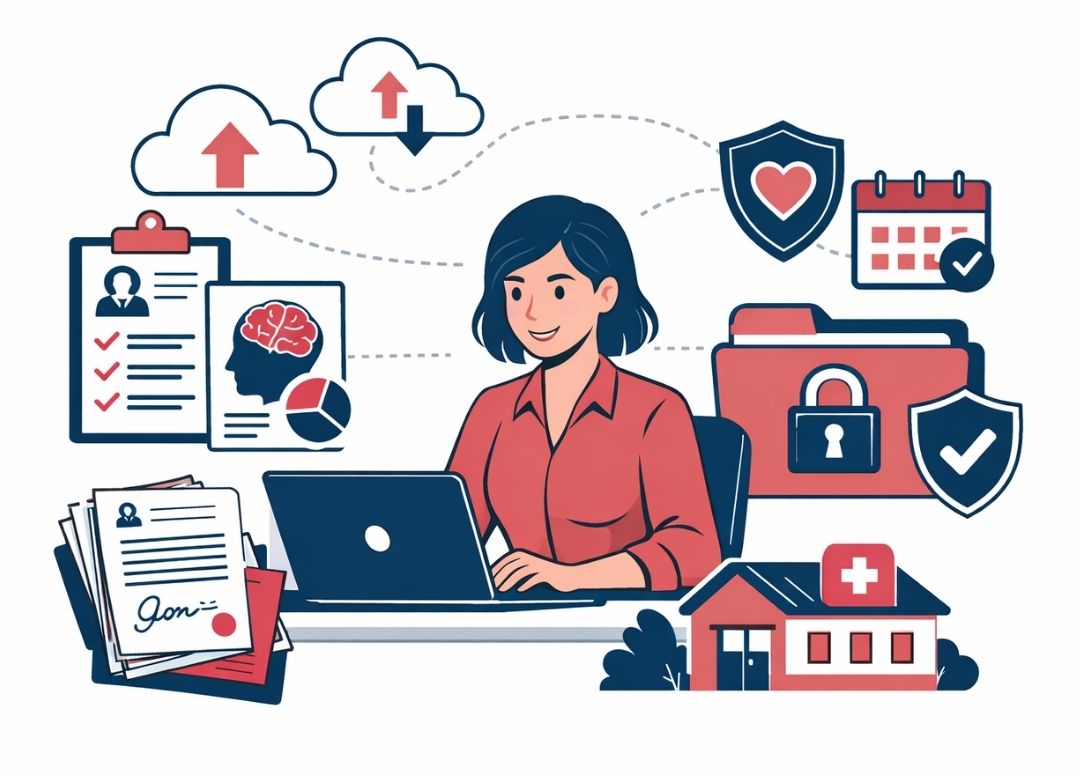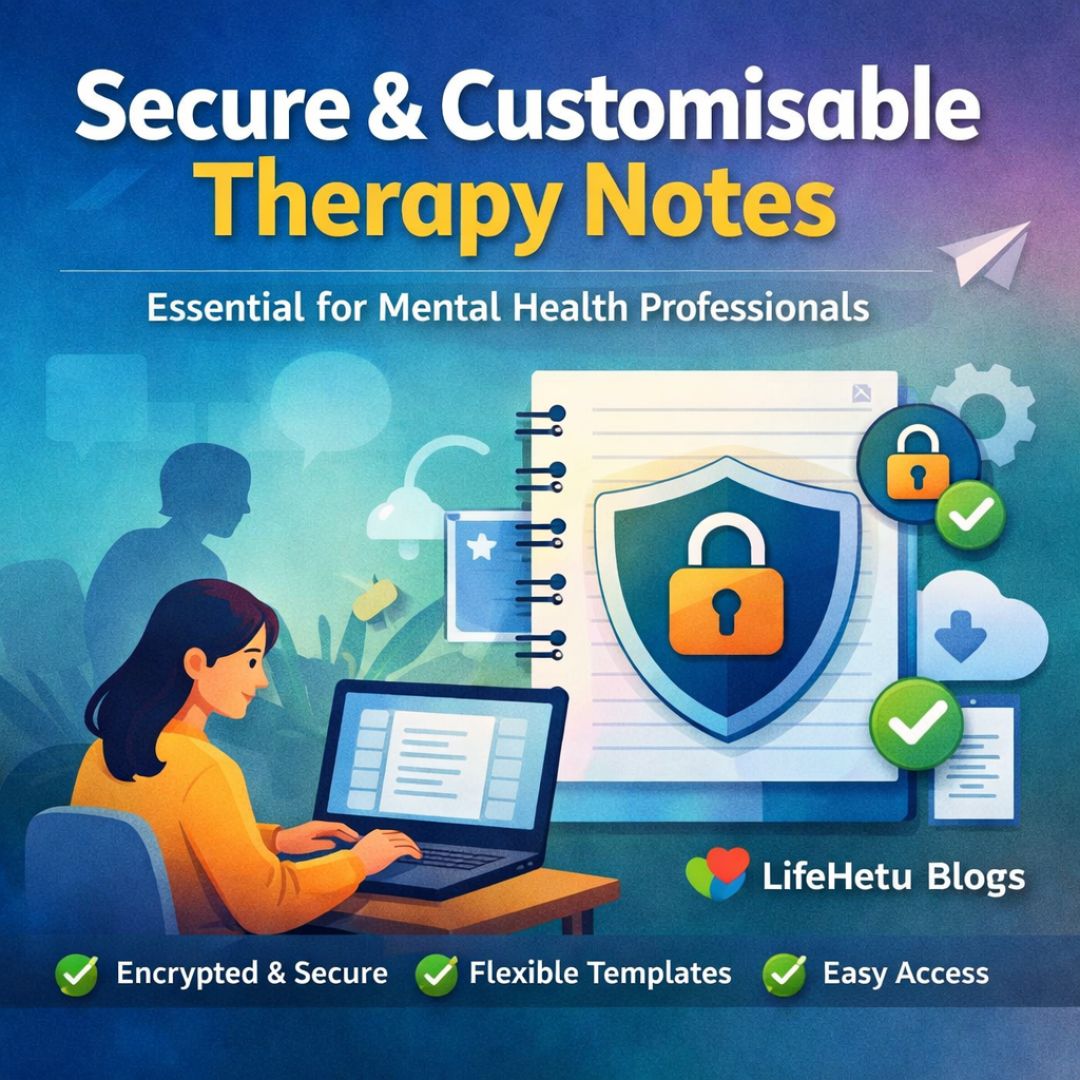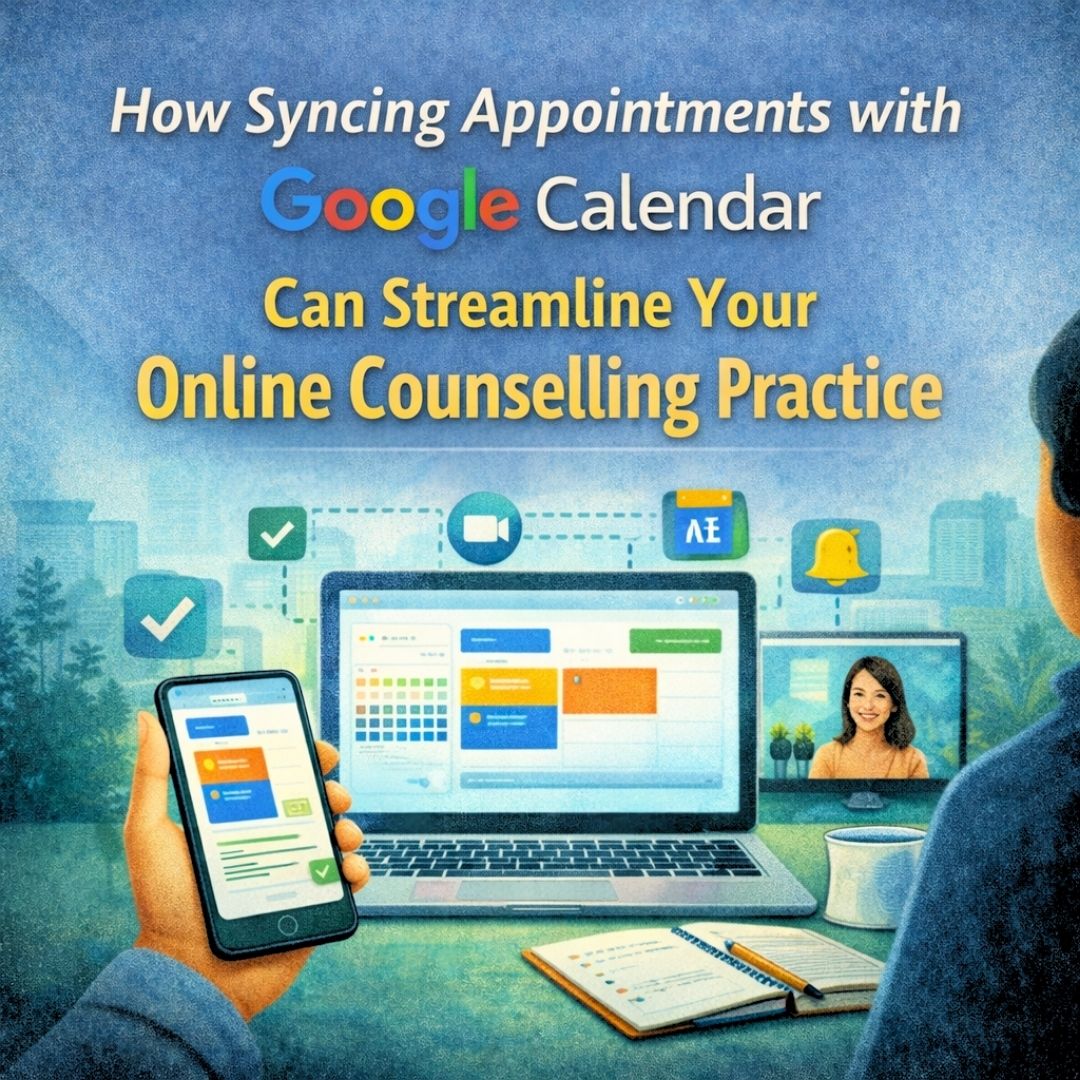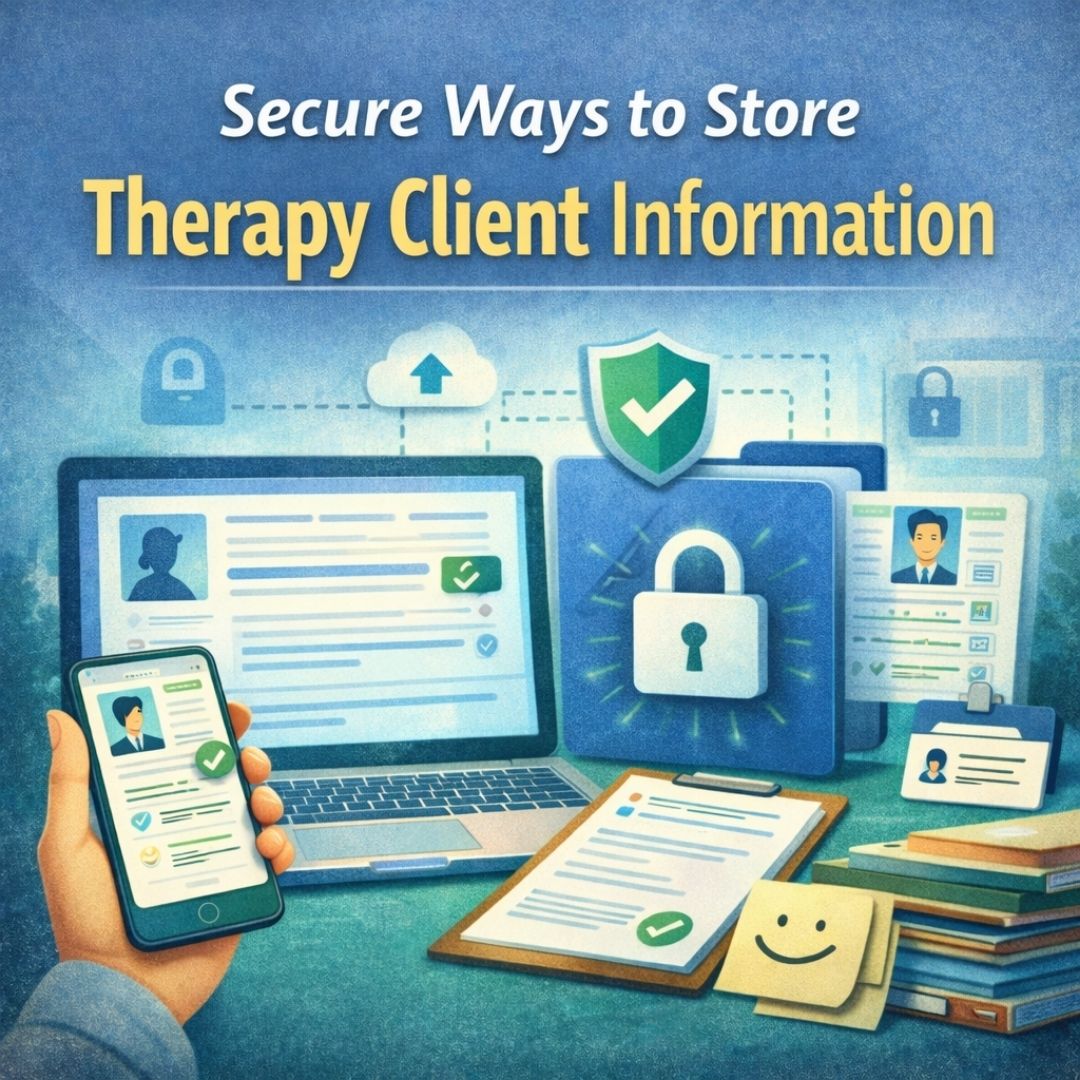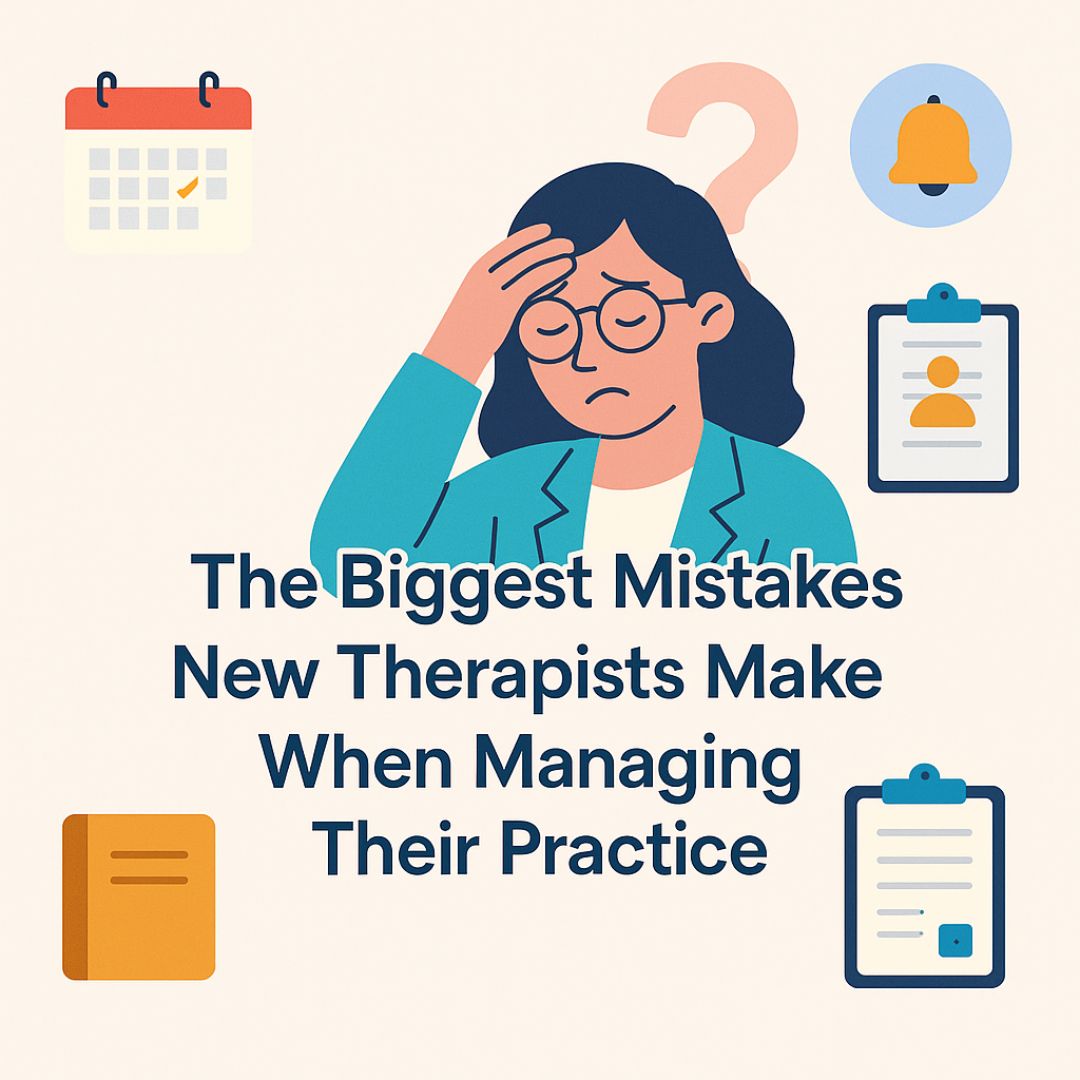Top Features Every Website for Mental Health Professionals Should Have
In today's digital world, a professional website is crucial for mental health professionals, including psychologists, counselors, therapists, and social workers. It serves as the first point of contact for potential clients, helping to establish trust and encourage them to seek support. This blog explores the essential features that make a mental health professional's website effective, ensuring a strong online presence and better client engagement.
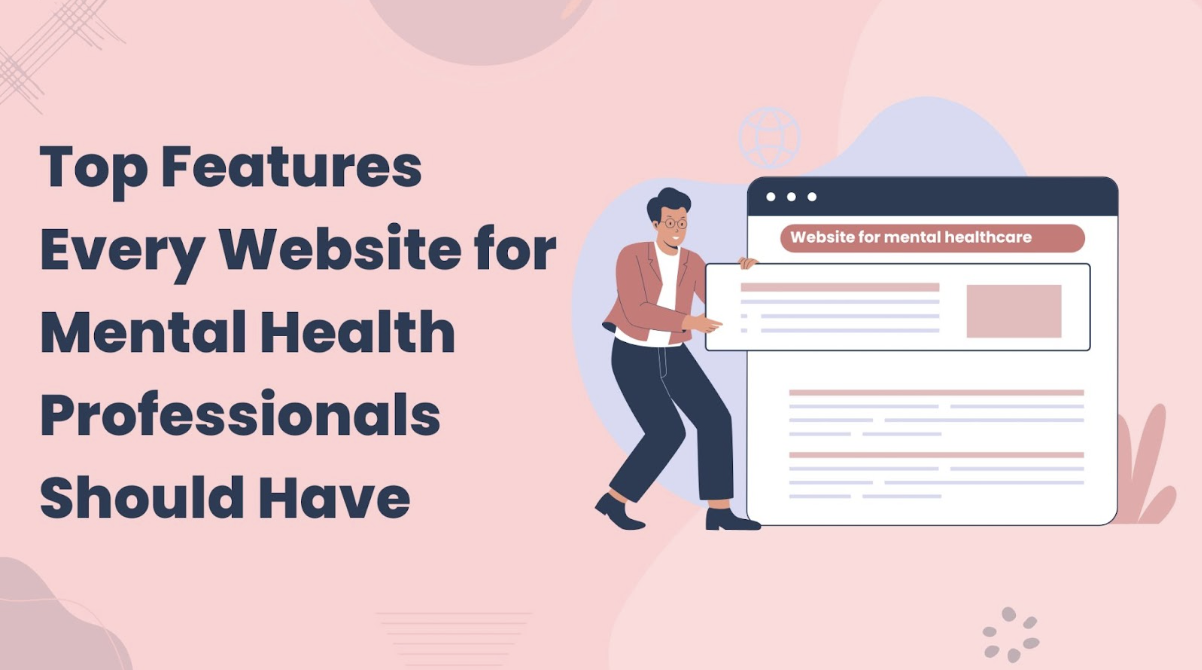
On this page
Jump to sections
In today’s digital age, having a professional website is no longer optional for mental health professionals—it’s essential. Whether you are a psychologist, counselor, therapist, or social worker, your website is often the first point of contact for potential clients. It’s your chance to create a positive first impression, establish trust, and encourage individuals to seek your services. But what makes a website truly effective for mental health professionals? In this blog, we’ll explore the top features every website for mental healthcare professionals should have to enhance their online presence and better serve their clients.
User-Friendly Design
A user-friendly design ensures that visitors can easily navigate your website and find the information they need. A cluttered or confusing layout can deter potential clients. Key elements of a user-friendly design include:- Clear navigation menus: Organize your website into easily accessible sections such as “About Me,” “Services,” “Contact,” and “FAQs.”
- Readable fonts and colors: Use simple fonts and calming color schemes that reflect the nature of your profession.
- Fast loading speed: Ensure your website loads quickly on both desktop and mobile devices to avoid frustrating visitors.
Mobile Responsiveness
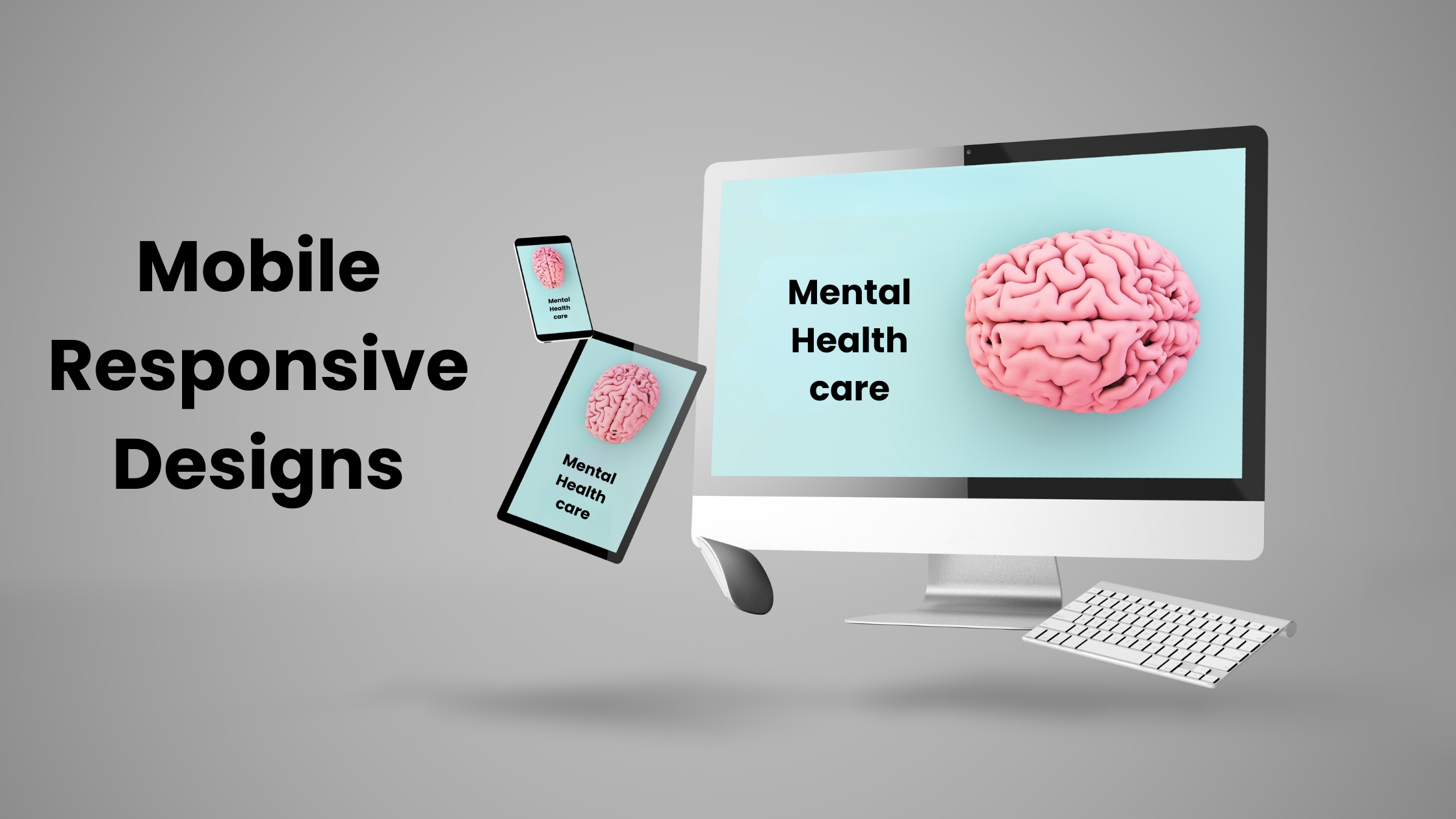
With most users accessing websites on their smartphones, having a mobile-friendly website is critical. A responsive design ensures your website looks and functions seamlessly on all devices, from desktops to tablets and smartphones. Search engines also prioritize mobile-responsive websites, which can improve your search rankings.
- Secure Communication Channels
Confidentiality is a cornerstone of mental health care. Your website must include secure ways for clients to communicate with you, such as:
- Encrypted contact forms to protect sensitive information.
- HIPAA-compliant appointment scheduling tools to ensure data privacy.
- Secure messaging platforms for existing clients who may wish to connect with you online.
When clients feel confident that their personal information is safe, they are more likely to reach out to you.
- Online Appointment Scheduling
A streamlined online appointment scheduling system can make it easier for clients to book sessions with you. Look for scheduling tools that offer:
- Real-time availability updates so clients can see open time slots.
- Automated reminders to reduce missed appointments.
- Integration with calendar apps to help you stay organized.
This feature not only improves the client experience but also reduces administrative work for you.
- Informative and Engaging Content
Your website should educate and inform visitors about your services, expertise, and the mental health challenges you address. Consider including:
- A blog section: Share articles on topics like managing anxiety, coping with stress, or understanding therapy benefits. This helps establish you as an expert in your field and improves your website’s SEO ranking.
- FAQs: Answer common questions clients might have about therapy, such as session costs, duration, and what to expect.
- Videos or testimonials: Short videos introducing yourself or client testimonials (with consent) can build trust and relatability.
- Clear Call-to-Actions (CTAs)
Encourage visitors to take the next step with clear and compelling CTAs. Examples include:
- “Schedule Your First Session Today” with a link to your appointment page.
- “Contact Me for a Free Consultation” to encourage inquiries.
- “Learn More About My Services” with a link to detailed service descriptions.
CTAs guide visitors on what to do next, making it easier for them to engage with your practice.
- Testimonials and Credentials

Building trust is essential for mental health professionals. Include:
- Client testimonials: Positive feedback from satisfied clients (with consent) can reassure potential clients of your expertise.
- Professional credentials: Highlight your qualifications, certifications, and memberships in professional organizations.
These elements demonstrate your credibility and expertise, helping visitors feel more comfortable reaching out.
- Search Engine Optimization (SEO)
To attract more visitors, your website needs to rank well on search engines. Key SEO practices include:
Using relevant keywords like online presence for mental healthcare professionals throughout your content.
Optimizing meta titles, descriptions, and headings.
Including alt text for images and ensuring fast loading speeds.
SEO helps your website appear in search results when potential clients are looking for mental health services online.- Accessibility Features
Ensure your website is accessible to everyone, including individuals with disabilities. This includes:
- Accessibility Features
Alt text for images to assist visually impaired users.
Keyboard navigation options for those who cannot use a mouse.
Readable font sizes and color contrast for better visibility.
An accessible website demonstrates your commitment to inclusivity and ensures that everyone can access your services.- Professional Branding
Your website should reflect your brand and values. Use consistent branding elements such as:
- Professional Branding
A professional logo to establish recognition.
A calming color scheme that aligns with mental health care.
Authentic imagery to create a welcoming atmosphere.
Professional branding creates a cohesive and trustworthy image for your practice.Build a Website That Empowers Your Practice
Incorporating these essential features into your website can significantly enhance your online presence and help you connect with more clients. A well-designed websites for mental healthcare professionals serves as a powerful tool to establish trust, educate potential clients, and provide a seamless experience for those seeking your services.
If you’re ready to take your practice to the next level, LifeHetu can help you create a website that meets all these needs and more. With our expertise in building websites for mental health care professionals, we’ll ensure your online presence reflects the quality and care you provide.
FAQs
Why is a user-friendly design important for a mental health website?
It helps clients navigate easily with clear menus, readable fonts, and fast loading speeds.How does mobile responsiveness benefit mental health professionals?
It ensures a seamless experience on all devices, boosting search rankings and client access.What makes secure communication critical for therapy websites?
Encrypted forms and HIPAA-compliant tools protect client confidentiality and build trust.How can online appointment scheduling improve a practice?
It offers real-time availability, automated reminders, and calendar integration for efficiency.What type of content engages visitors to a mental health site?
Blogs, FAQs, and testimonials educate clients and establish the professional’s expertise.Why is SEO important for mental health websites?
It increases visibility with keywords and optimized elements, attracting clients seeking help.Where can mental health professionals build an effective website?
Explore solutions at LifeHetu.
On this page
Jump to sections
Related Reads. Similar Blogs to Check Out.
